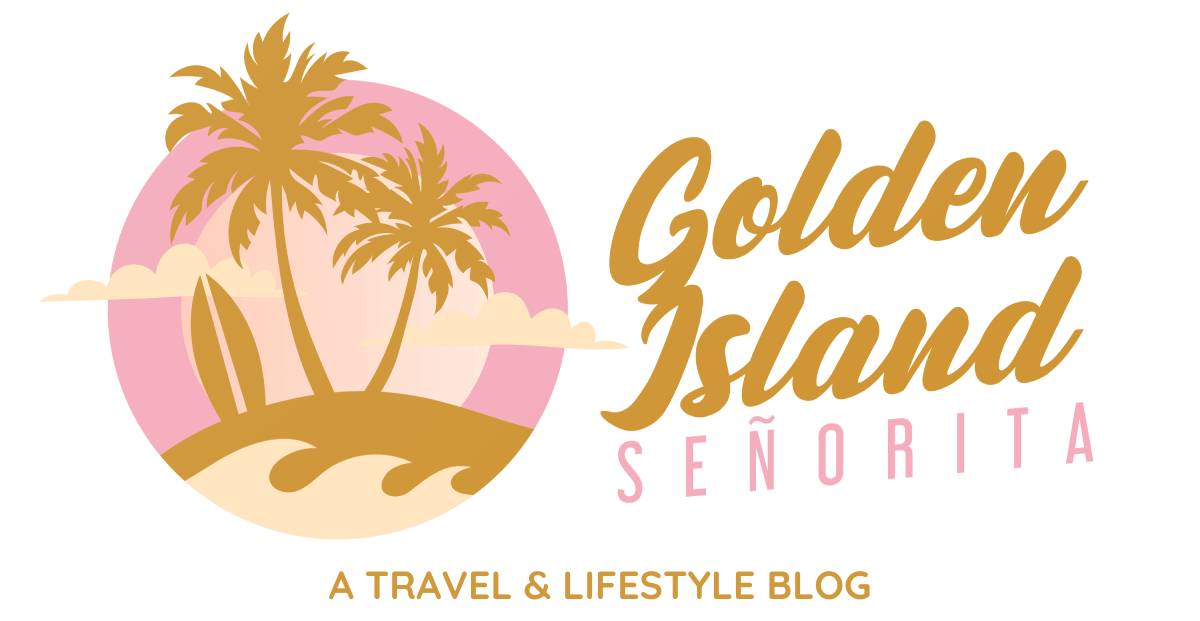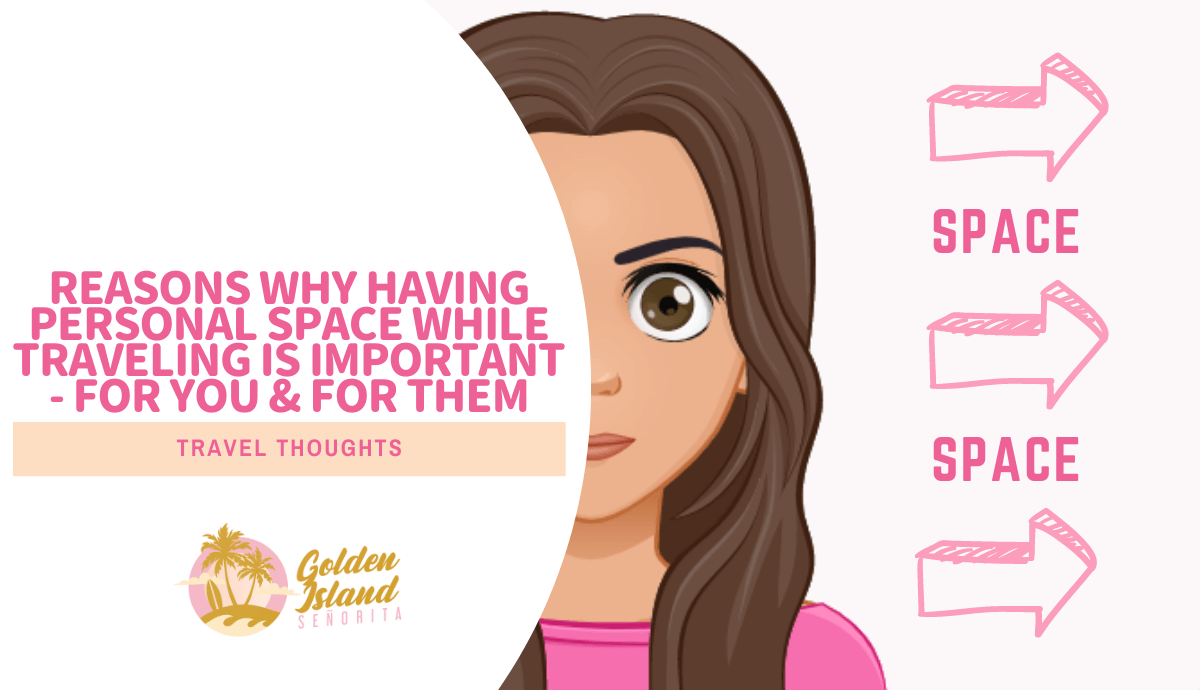Traveling is an exciting and fulfilling experience that allows us to explore new places, meet new people, and try new things. However, amidst all the excitement, it’s important to remember the value of personal space. Whether traveling solo or with a group, the need for privacy and personal space is universal. Being in unfamiliar settings can sometimes lead to feeling overwhelmed and uncomfortable, and personal space can provide a sense of security and comfort.
In this blog post, we’ll delve into the importance of personal space when traveling and how to make the most of it to ensure you have a memorable and enjoyable experience. From setting boundaries to carving out alone time, we’ll explore various ways to make personal space a priority while traveling. So, let’s dive in and discover why personal space is crucial when exploring the world.
![]() 6 Useful Health Tips Before You Travel
6 Useful Health Tips Before You Travel
What is Personal Space?
Personal space is an interesting concept that we all adhere to in our daily lives. As the starting sentence suggests, personal space can vary greatly across cultures. Some cultures have larger personal space boundaries than others, and what might seem as invading one’s personal space in one culture might be acceptable in another culture. Personal space is a vital aspect that should always be respected, regardless of the culture one belongs to.
Understanding the importance of personal space can help us avoid creating a sense of discomfort or invading someone’s privacy inadvertently. With everyone’s boundaries and needs differing, respecting and understanding each other’s personal space is a step towards building better relationships with our peers and communities. In conclusion, while the definition of personal space may differ between cultures, it remains an essential part of human interaction universally.
Personal space isn’t a one-size-fits all concept. Depending on the relationships and context, we may be comfortable with people being closer in spaces like crowded public areas or with our close friends and family. Understanding the importance of respecting personal space is key to building healthy relationships both at home and out in public.

How does Travel Impact Personal Space?
Personal space is an essential part of our well-being. Being crunched up with strangers for long hours is something that nobody enjoys. However, with the current global situation, traveling has become inevitable, so how do we create a sense of privacy when flying economy?
One way to reclaim some control over personal space when flying is to carry noise-canceling headphones. These headphones allow you to focus on your music or watch a movie in peace. You can also invest in some comfortable travel pillows to provide some physical comfort while jet setting. These simple measures can help you allocate some personal space even when in close quarters with complete strangers. Remember, it’s essential to put yourself first and prioritize your needs.
Next, exploring unfamiliar regions and interacting with new people can give you the opportunity to expand your personal space. This can encourage you to take in a range of new perspectives and cultures, which may help break down the boundaries of what you think is possible. In short, getting out there and embracing life’s surprise events and people can have a deep impact on your own world-view!
The Benefits of Having Personal Space While Traveling
Having personal space while traveling can reduce stress and anxiety by providing a sense of comfort and control in unfamiliar surroundings. Whether you’re traveling for business or leisure, it’s important to have a place where you can relax and unwind after a long day. Personal space can come in the form of a private hotel room or even just a quiet corner in a public space. It allows you to escape the hustle and bustle of crowded airports, busy streets, and noisy cafes. When you have your own personal space, you can take a deep breath and recharge your batteries in peace. So, next time you’re planning a trip, make sure you prioritize having a little bit of personal space.
Moreover, having personal space while traveling is not only a great way to disconnect from the daily hustle and bustle, but it can also be beneficial to one’s mental health. Giving yourself a space where you are able to unplug and engage in activities that make your soul feel good allows you to relax, unwind and recharge. Personal space creates moments of solitude in which travelers can read, write or listen to music as well as meditate without any distractions or interruptions.

First, how big are these bubbles? According to the American anthropologist Edward Hall, whose 1960’s research on the topic still stands today, you’re actually enveloped by bubbles of four different sizes, each of which applies to a different set of potential interlopers.
- Intimate distance: extends roughly 18 inches (46 cm) from the individual and is reserved for family, pets and very close friends. Displays of affection and comforting are commonly conducted within this space. The only strangers an individual typically accepts within his or her intimate space are health care professionals.
- Personal distance: extends 1.5 to 4 feet (0.46–1.22 m) and is reserved for friends and acquaintances. A handshake will typically place strangers at least 2 to 4 feet (0.61–1.22 m) apart, preserving the personal distance. However, a friendly kiss on the cheek by a woman as a greeting is widely practiced.
- Social distance: extends from about 4 to 12 feet (1.2–3.7 m) and is used for formal, business and other impersonal interactions such as meeting a client.
- Public Space: extends more than 12 feet (3.7 m) and is not guarded.
The comfortable space between you and someone you know well will probably be much smaller than it would be if you barely knew the other person. With a stranger, it is even greater.
Tips for Creating Your Own Personal Space When Traveling
Personal space is a sacred place for everybody, and it’s essential to have a sense of familiarity and comfort wherever we go. With that in mind, it’s a good idea to bring with us some of our favorite items to create a cozy atmosphere in our temporary homes. Whether you are traveling for business or leisure, your pillow and blanket can make all the difference. It’s amazing how warm and comfortable we feel in our own bed. So, why not bring a little piece of home with you when you travel? With your favorite comfort items, space becomes less alien, and more like an extension of your own personal space.
Personal space is important, especially during travel. Consider investing in noise-cancelling headphones or earplugs to block out disruptive sounds from nearby travelers or outside noise. This will help create a peaceful environment that’s perfect for relaxation or work. Personal space is necessary for our mental and physical well-being, and creating a serene space while you’re on the go can be challenging. With noise-cancelling technology, you can filter out unwanted sounds during your commute, flight, or simply a walk through a bustling city. Protect your personal space by investing in these tools and take advantage of the benefits they offer.
Meanwhile, taking advantage of the technology available to us such as a white noise or meditation app can be incredibly helpful while we establish our personal space. Not only do these apps help create a more peaceful atmosphere, but they can be invaluable tools to calming your mind and providing mental health benefits. We have access to technology that makes it easier for us to embrace the need for our personal space and use it for restorative purposes.
General Rules of Personal Space:
- Never touch anyone you don’t know.
- Don’t reach for anyone’s children, regardless of your intentions.
- Stand at least 4 feet away from a person unless you know him or her well.
- When someone leans away from you, you are probably in that person’s space that makes him or her uncomfortable.
- If you walk into an auditorium or theater that isn’t crowded, leave an extra seat between you and the next person. However, it is acceptable to sit next to someone if the room is crowded.
- Never lean over someone else’s shoulder to read something unless invited.
- Never go through anyone else’s personal belongings.
- Don’t fling your arm around someone’s shoulder or slap anyone on the back unless you know the person very well.
- Don’t enter a room or office without knocking first.
- Don’t cut in front of people in line.
What do to when someone invades your personal space?
When someone intrudes on your personal space, don’t act impulsively. They may not be aware that they are uncomfortably close. Remember, being direct may hurt the other people’s feelings so before you speak your mind, determine whether or not the issue is worth bringing up.
Ways to Deal with Space Intrusion:
- Accept it.
- Learn away or take a step back from the person, hoping he or she will take the hint.
- Come right out and say you are uncomfortable being so close.
- Explain by you need more space.
Final Thoughts on the Importance of Personal Space When Traveling
It cannot be overstated enough how much having enough personal space can make or break your traveling experience. Whether you are on a plane, on a bus or train, or at a hotel or hostel, having control over your own space can help ensure that you get the rest, relaxation, and peace of mind that you deserve. Whether you are a solo traveler or a group, being able to retreat to your own space can allow you to recharge your batteries and come back refreshed and ready to take on whatever adventures come your way. So don’t underestimate the power of personal space, because it can truly make all the difference in your traveling experience.


I agree with this, I noticed that personal space are disregard during travel. Or even during open crowd concerts! But when I visited Japan last year, personal space is something that is everyone’s very mindful.
I’ve had my fair deal of personal space invasion in countries where they literally grab your arm in order to get you inside a store. However, I do not agree about the auditorium part, unless you’re the very last one, because that can lead to a lot of scattered single seats and then groups and couples cannot seat together if they arrive after you.
Personal space sometimes people ignored and it feels so uncomfortable when traveling.